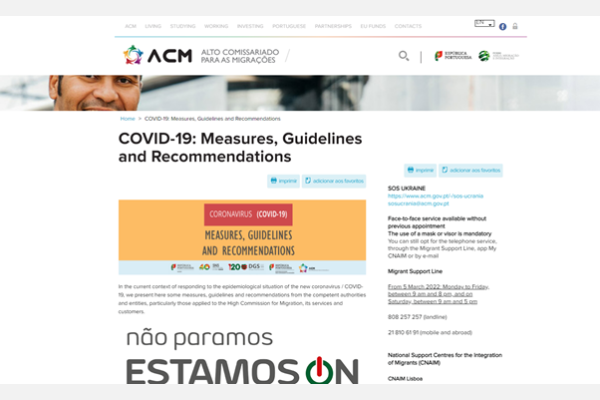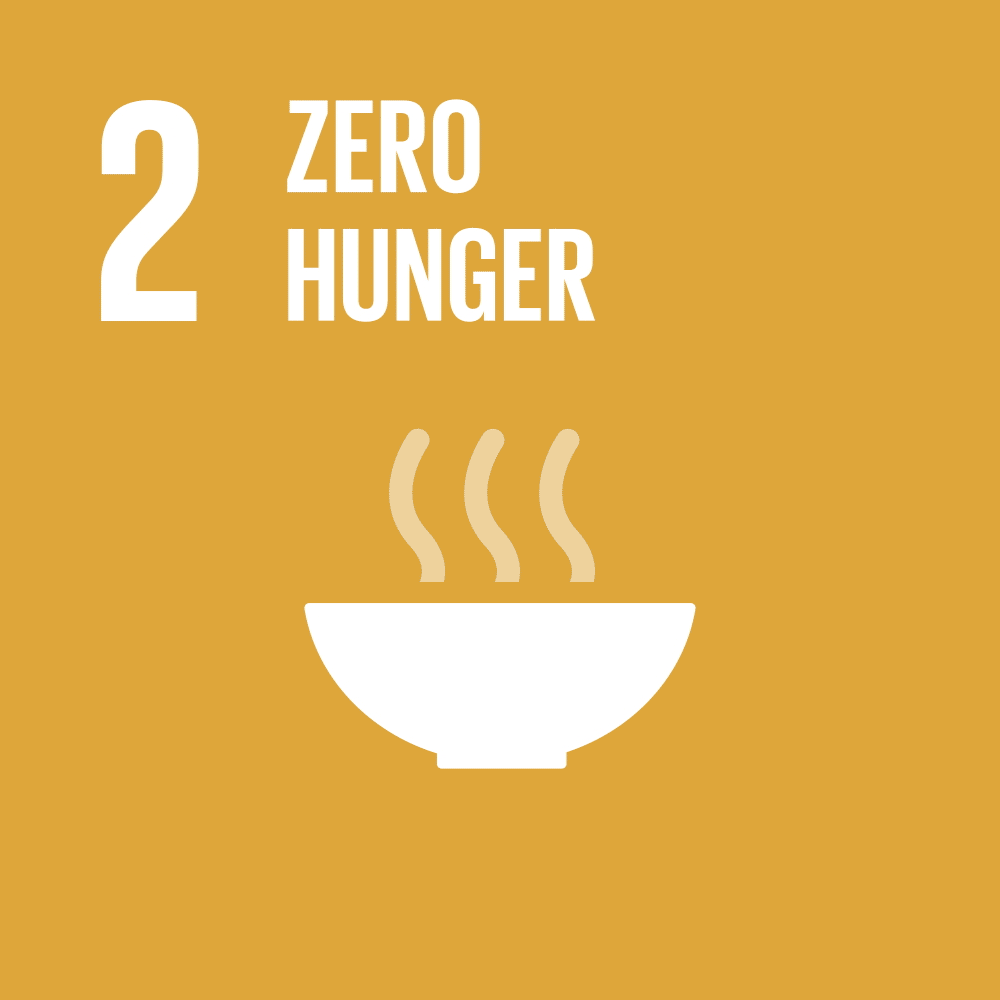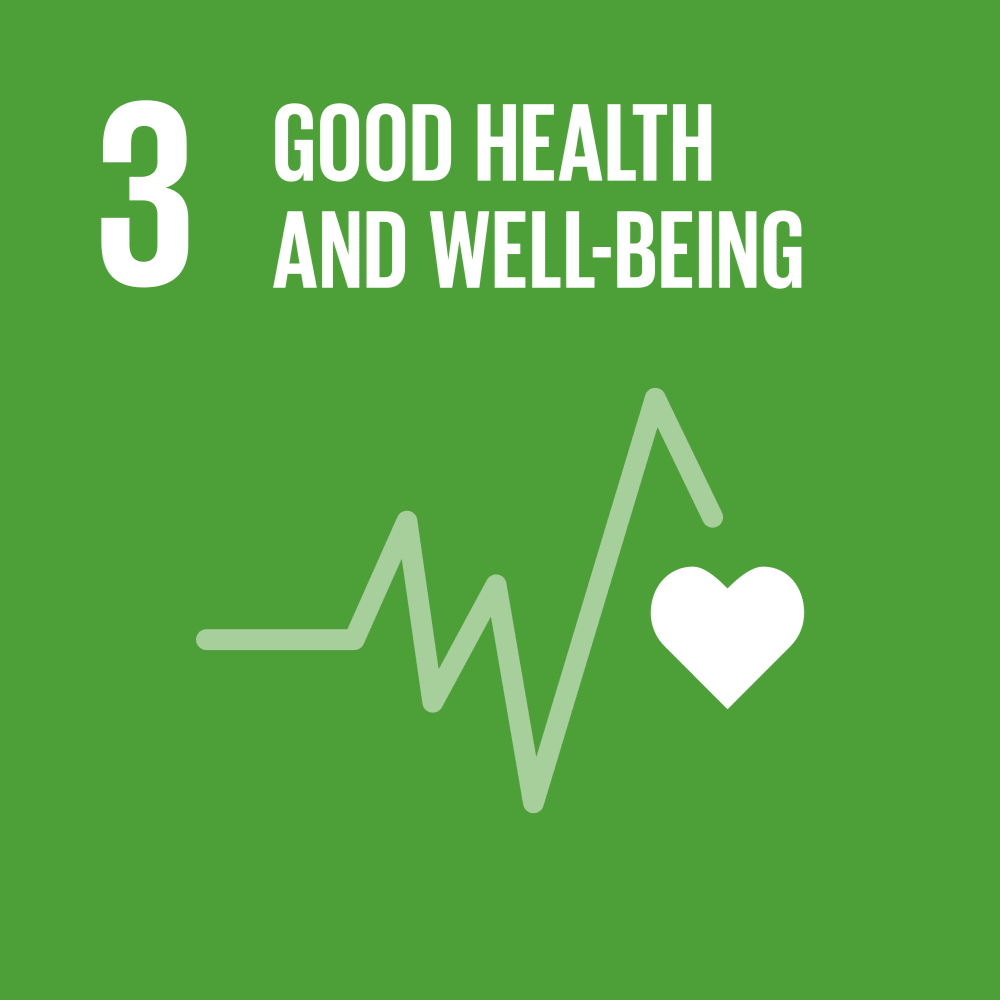Repository of Practices

Migrant Protection Measures during COVID-19 pandemic
Secondary GCM Objectives
Dates
Type of practice
Summary
The COVID-19 pandemic was a public health crisis of unprecedented proportions which often exacerbated existing inequalities and disproportionately affected the most vulnerable groups in society, including migrants. To ensure the protection and safeguard of migrants’ rights and well-being, the Portuguese government approved a number of exceptional measures. Soon after the onset of the epidemiological crisis, in march 2020, the Portuguese Government issued an Order establishing that immigrants and asylum seekers with pending residence applications at the Immigration and Border Services (SEF) were granted residence status. This measure has been extended for pending cases until the 31st of December 2021 and enabled migrants and asylum seekers to access public services, including health, social support, employment and housing, open bank accounts and contract essential services.
Also, the Decree-Law no. 11923-A/20212, of 22nd December, established the possibility of accepting documents related to the permanence in the national territory of foreign citizens who have expired until 30th June 2022. Additionally, the Portuguese vaccination strategy guaranteed universal access to COVID-19 vaccines, which meant that anyone living in Portugal, irrespective of their legal status, could be vaccinated. This measure included undocumented migrants and decisively contributed to the vaccination of 582,000 foreign citizens. To guarantee the universality of vaccination, an online platform was created in 2021 to register citizens without a health identification number, with more than 128,000 registrations.
Complementary initiatives were carried out to ensure access to vaccination, namely through specific vaccination initiatives for foreign citizens without a health identification number, awareness-raising activities, and partnership with the business sector and health authorities. To ensure effective access to the vaccination process, the High Commission for Migration (ACM) promoted a set of initiatives to reduce language barriers, such as the publication and wide dissemination of information campaigns on vaccination in twelve languages clarifying the procedures to access the vaccination plan.
Organizations
Main Implementing Organization(s)
Partner/Donor Organizations
Benefit and Impact
Firstly, the regularization of foreign citizens with pending cases currently benefits 166.632 citizens (currently there are 712 thousand foreign citizens legally residing in the country, up to 7% of the national population).
Also, the simplification of the procedures for renewal of residence permits, through a platform, allowed for a reduction in service times and the automatic renewal of more than 202,000 residence permits.
Documentation protection measures also ensured that citizens could access social support, namely within the scope of Covid-19, social protection was guaranteed to 153,000 foreign citizens in 2020 and 146,000 in 2021, such as access to layoffs.
The platform created for the registration of citizens without health identification numbers ensured that the vaccination process is dissociated from the ongoing migratory process, allowed for greater confidence in the vaccination and identified citizens in vulnerable situations – often in an unprotected situation against the possibility of been contaminated by the SARS-CoV-2 virus. It was also possible to centrally assign over 45,000 health identification numbers, ensuring the integration in the vaccination plan and subsequent access to the Covid-19 Digital Certificate and health care services.
In parallel, vaccination actions were promoted in partnership with the business sector, resulting in the vaccination of more than 10,000 workers, from the agricultural sector to digital platform workers.
Key Lessons
To overcome language challenges, ACM’s translators provided in-person support and were involved in direct actions on the ground, with various communities, supporting other governmental services, such as health service providers. ACM’s Telephone Translation Service, which has 107 translators/interpreters and offers translation in over 69 languages and dialects, was reinforced, extending its opening hours, and proving support to the National Health Service telephone and digital services. Multidisciplinary regional teams were set up for emergency situations, with representatives from different areas.
Recommendations(if the practice is to be replicated)
Innovation
Additional Resources
Date submitted:
Disclaimer: The content of this practice reflects the views of the implementers and does not necessarily reflect the views of the United Nations, the United Nations Network on Migration, and its members.
More Related Practices:
- Migrant Domestic Workers Rights on the Threshold of Czech Households
- Libro: “A 20 años de la Ley de Migraciones”
- Comité de Familiares de Migrantes Desaparecidos de el Progreso, Yoro, Honduras, COFAMIPRO 25 años dando la lucha en la búsqueda de personas migrantes
- Programa de sensibilización de los derechos políticos de la población migrante internacional: En La Ciudad, Votás
- Transhumance Tracking Tool (TTT)
Peer Reviewer Feedback:
*References to Kosovo shall be understood to be in the context of United Nations Security Council resolution 1244 (1999).
Newsletter
Subscribe to our newsletter.



